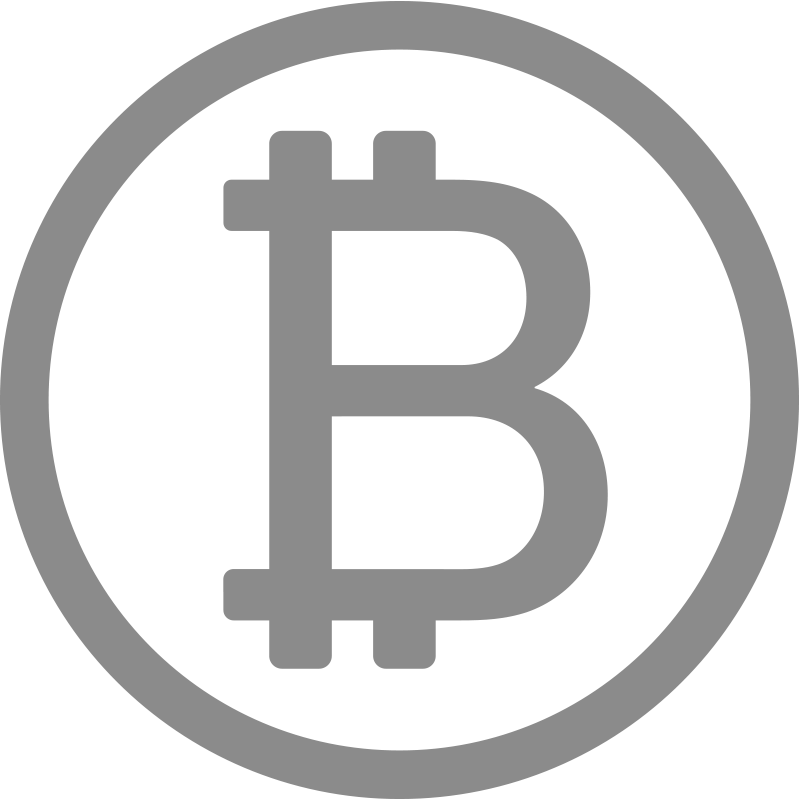What you NEED to know about Bitcoin
Bitcoin is a currency. Its original intent was to be used to bypass traditional banking, by being faster, more secure and available worldwide. Its massive value explosion from $700 to more than $15,000 in 2017 has rendered it more akin to gold, a common digital store of wealth. Transactions in Bitcoin are actually less advantageous than other altcoins. The fees are high and the speed is slow. More importantly, the price has seen such tremendous up-swings that you may lose huge potential for moving BTC. Since 2017 proved to be a heavy adoption year, issues with scaling have arisen. Scaling is the rate at which transactions are processed and how many can be verified in a given time, based on the size of the block. Bitcoin has turned out to be one of the slower cryptocurrencies.
The Bitcoin blockchain is open source, meaning the all the coding is available online for anyone to use. There is no dedicated team working for a company to mine blocks. The project is as decentralized as the network running it. If you want to look at the Bitcoin infrastructure, you can access all their documentation and source code at bitcoin.org.
While the blockchain itself is fairly hack-resistant, many wallets and exchanges have proven to be vulnerable. In 2011, the largest digital asset exchange, Mt. Gox suffered an attack that reduced the price of Bitcoin to a penny. In 2014, they were hacked again, this time losing nearly half a billion dollars. There are plenty of stories like this, all of them the result of negligence and poor security. The only way to know your Bitcoin is secure, is to hold the private keys offline in some manner.
Tax implications and government involvement have yet to be determined. Regulations have stifled a number of industries in America, and South Korea's raid on two of the top 10 exchanges in January of 2018, make the challenge of mass adoption even more difficult. Only 1% of the global population has heard of cryptocurrencies, and only 1 percent of those who invest in asset markets have put money into altcoin exchanges. The potential for growth is almost guaranteed, assuming no major economic sanctions are placed on the burgeoning technology.
Bitcoin has a fixed block amount of 21M, but it's possible for other blockchains to start from a Bitcoin block. These chains are called forks. Anyone can make one, and the value of each is not intrinsically associated with the original Bitcoin. The first fork was Bitcoin Cash in August of 2017 to address the scaling issues with BTC. The developers increased the block size from 1MB to 8. More data being transferred at once also reduced the work volume and the transfer speeds. There are currently 8 hard-forks of the Bitcoin blockchain. This is not an indication of the value or feasibility of either Bitcoin or its forks.
